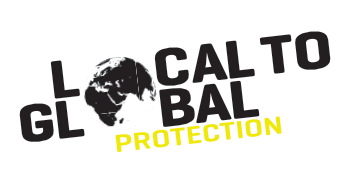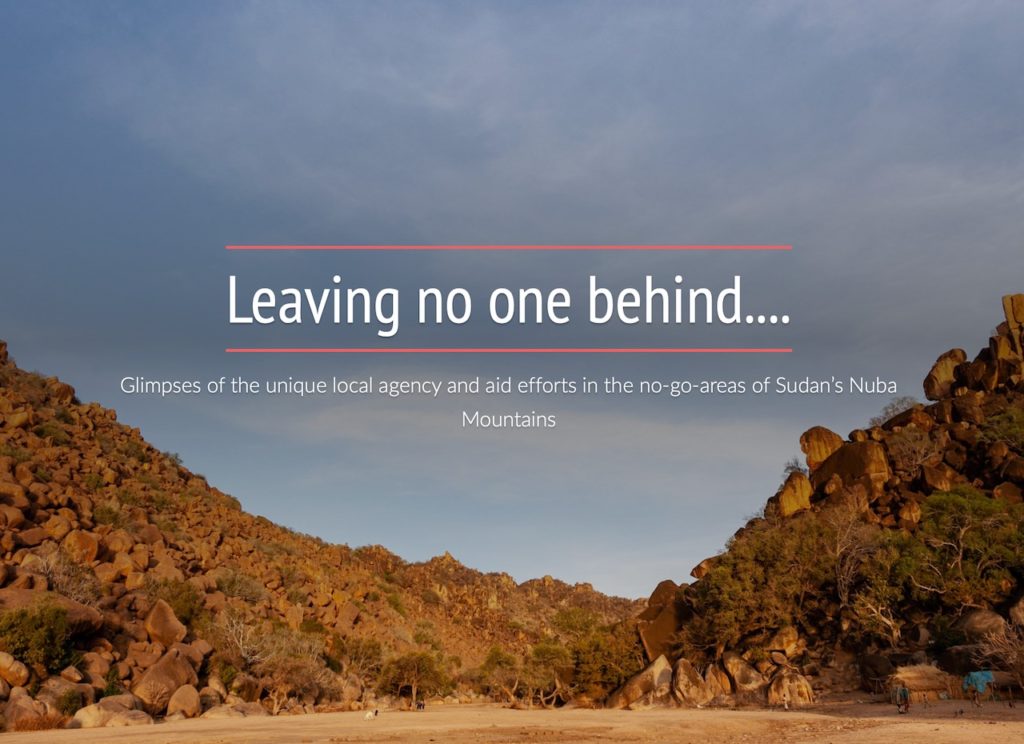Documenting and supporting local responses to protection, survival and recovery in major humanitarian crises.
Documenting and supporting local responses to protection, survival and recovery in major humanitarian crises.
The first responders to any humanitarian crisis are communities and survivors themselves, who organise to find safety, security and meet their needs. Based on research conducted by Local to Global Protection (L2GP) and others on how people respond to crisis, we have developed the survivor and community-led crisis response (sclr) approach as a means to give survivors and groups in communities affected by crisis the power and resources to take charge of their own response.
Sclr Hubs have evolved in several regions and countries around the world as communities of practice to share best practice and peer learning in support of sclr and community-led initiatives. You can find more information on the hubs here.

